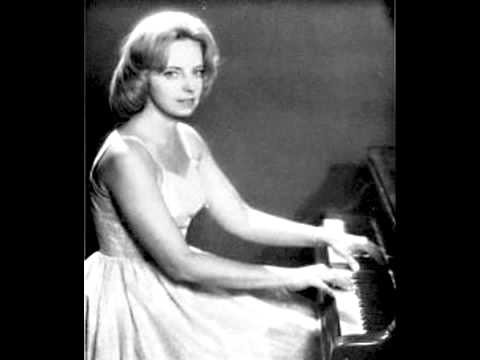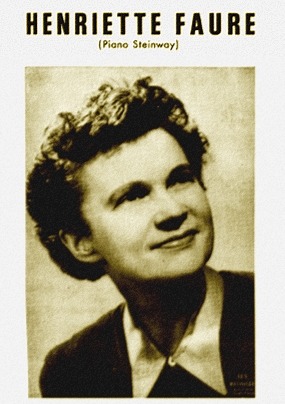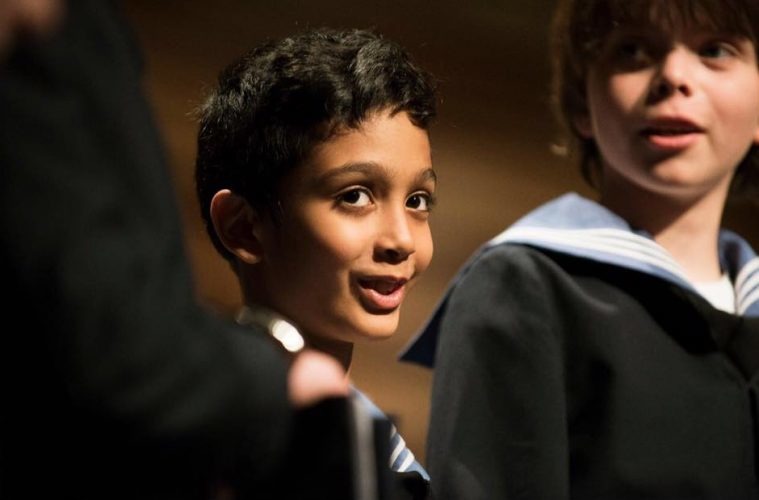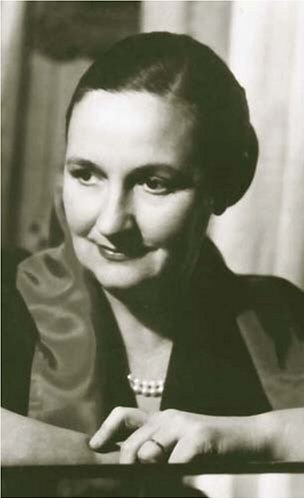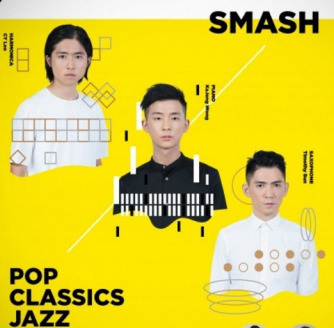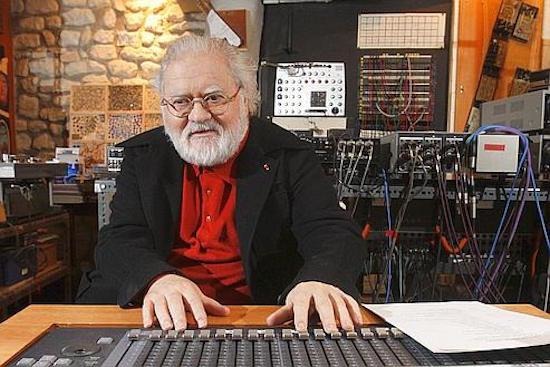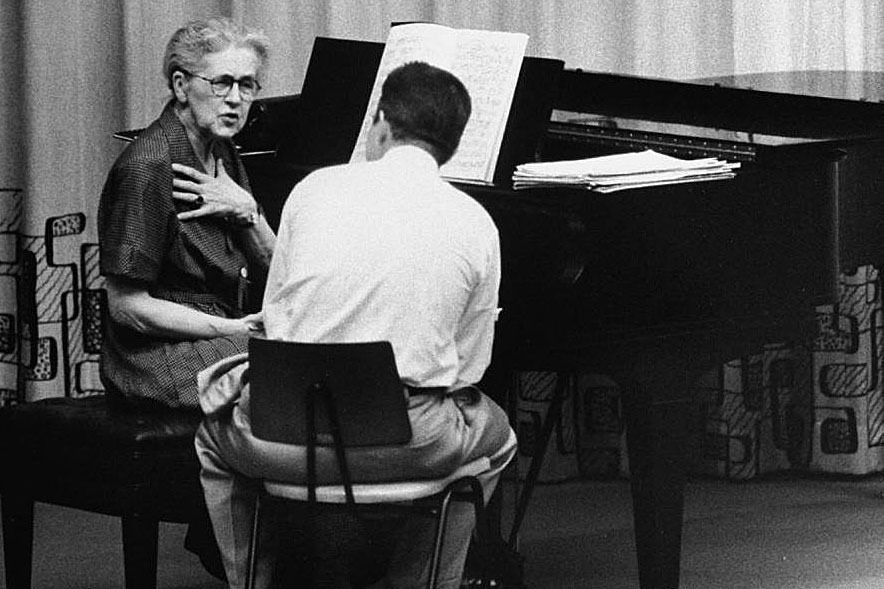French pianist Agnelle Bundervoët (1922-2015) started to learn the piano age age 4 and by age 7 was enrolled in the Conservatoire National de Marseille and by age 10 was at the leading school in France, the Paris Conservatoire. She
Blogs
In the mid-19th century, a great many French musicians were forced to leave their homeland and seek their fortunes elsewhere, sometimes far from Europe. Many of these were refugees from the events of the Third French Revolution of 1848, which
French pianist Henriette Faure (1907-1985) made the music of Maurice Ravel sing on the performing stage. One of the first to play his music in public, she made recordings of his works from the 1930s to 1950, but died before
It’s a sunny afternoon in Delhi and I am wandering around the Qutub Minar with my cousin sister, who asks me about the origins of the minaret. Before I can answer, a confident voice pipes in and prattles off the
Greek pianist Gina Bachauer (1913-1976) started her studies at the Athens Conservatory before attending the Ecole Normale de Musique to study with Alfred Cortot. In Paris, she was also able to study with Rachmaninov. Her professional debut was made at
The Hong Kong Music Series is part of a wider series of events marking the twentieth anniversary of the transfer of sovereignty of Hong Kong from the United Kingdom to the People’s Republic of China. The Hong Kong Special Administrative
A substantial number of classical music lovers have probably never heard the term “musique concrète.” It was coined by the French experimental musician and composer Pierre Schaeffer in 1948, and describes electroacoustic music that uses natural sounds—not electronically generated tones—as
Music is the only field of study that requires regular and extended one-to-one interaction between student and teacher. The student-teacher relationship is a very special one, based on mutual trust and respect. Young students are often hungry for knowledge and

